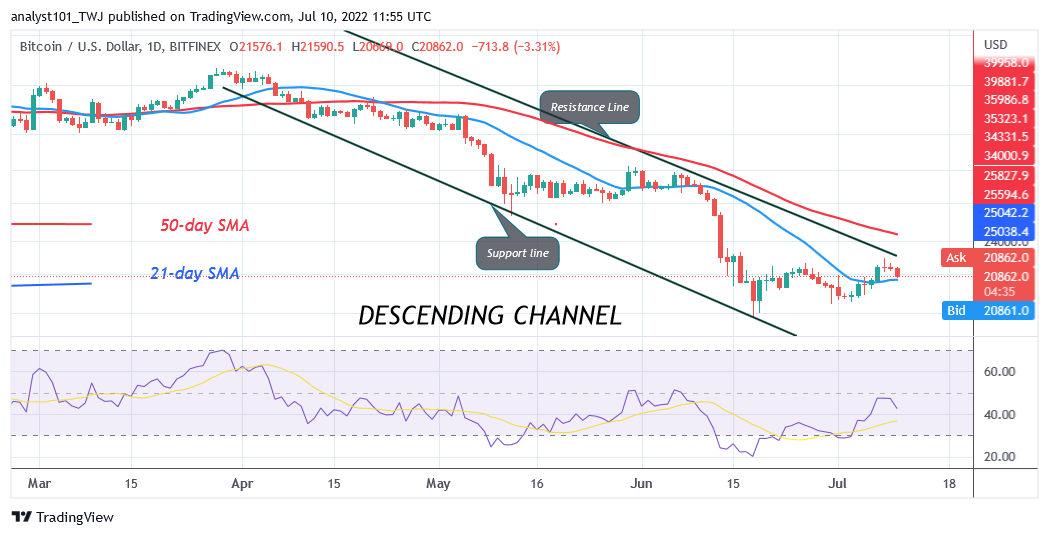In my previous post in this series, I described how Randall Holcombe separates our instrumental preferences (the outcomes we prefer) from our expressive preferences (what we prefer to express). But there is another, more important preference classification he outlines. Holcombe suggests a major factor in how our preferences are formed is through the interaction of what he calls anchor preferences and derivative preferences.
What are these different kinds of preferences? Let’s start with anchor preferences:
Anchor preferences are those that define people’s political identities. They define how people see themselves, and how they want others to see them.
Derivative preferences are, as the name might suggest, preferences that are derived from one’s anchor preferences. As Holcombe puts it:
People may identify as members of a political party, a political movement, an ideology, an issue, an individual candidate, or a religion. Their political preferences anchor on this identity. Most policy preferences are derivative preferences, derived from the preferences associated with the person’s anchor. People’s political identity forms an anchor, and most of their policy preferences are derived from that anchor.
Anchor preferences can be broadly defined. People might anchor on a particular issue of principle—single issue voters are a classic example of how this can work:
Consider the contentious issue of abortion. Some people may hold strong views that women have the right to determine whether to continue a pregnancy. As the slogan goes, “My body, my choice.” Others may hold the strong view that abortion is murder. They will anchor on candidates and parties that reflect their strong views.
Having anchored onto the political party most aligned with their anchor preference, people will tend to adopt the rest of the platform of that party as derivative preferences:
American voters who favor a woman’s right to make the choice are likely to favor the Democratic party, and policy preferences on other issues like gun control, the tax structure, government involvement in health care, and redistribution programs are likely to be derivative of those of their anchors. Those who oppose abortion, likewise, are likely to have derivative preferences that follow the Republican party. It is not a coincidence that people who tend to be pro-choice on the abortion issue also tend to favor stronger gun control. Having chosen an anchor, most policy preferences are derivative.
However, people may not anchor on particular issues, but might anchor onto their political identity as a member of a party. They think of themselves as being Republicans, or Democrats, and anchor to those parties, deriving their political preferences from those anchors:
Individuals who anchor as Democrats will tend to support more government gun control, more government involvement in health care, and a woman’s right to have an abortion. People do not start with those preferences and then decide, “I am a Democrat.” Rather, they start with their political identity as Democrats and conclude, “I am a Democrat, so I favor gun control, more government involvement in health care, and a woman’s right to have an abortion.” These preferences are derivative preferences, derived from the policy positions advocated by the individual’s anchor.
When people anchor to a political party, one consequence is that the official party platform can reverse its position on what was supposed to be an issue of major importance, and citizens who anchor on their party identity will simply alter their derivative preferences to follow along with the party:
The Republican party, at least since Ronald Reagan’s presidency, supported free trade, but after President Trump won on a protectionist platform aimed at China, Mexico, and other countries, most Republicans did not push back and argue that Trump’s protectionist policies were out of step with the party’s values. Rather, they supported Trump’s trade policies.
These are voters whose beliefs about free trade were simply a derivative preference, derived from their anchor preference of identification with the Republican party. When the Republican party advocated free trade, so did they. And when the Republican party turned away from free trade, so did they. In the same way, after Trump’s rise to prominence in the Republican party, support for free trade among Democrats shot up dramatically, to significantly higher levels than Republican support for free trade during the presidency of George W. Bush.
Putting it mildly, it is highly unlikely that this rapid rise in support for free trade among Democrats was caused by millions of members of the party suddenly reading a basic economics textbook and simultaneously realizing the case for free trade is very strong, nor can the sudden loss of support for free trade among Republicans be realistically explained by the reverse process. The far more likely explanation is that voters, by the tens of millions, will simply alter their positions on issues to fit whatever the partisan politics of the moment dictates. This is just one of many examples where major political parties in the United States can alter their positions on issues of great importance, even swapping positions with the opposing party, yet the people supporting or opposing those parties remain largely unchanged.

Holcombe reviews a wide range of literature that helps explain why most policy preferences are derivative for most people. Among the relevant factors is the endowment effect—people value their political identities simply by having them and will be reluctant to change them. There is also the bandwagon effect—when it seems like most members of your identity group, peer group, or social circle are going in a particular direction, most people go along, particularly when there is nothing instrumental to gain by dissenting.
The desire to reduce cognitive dissonance is also at play. Holcombe uses the metaphor of grocery shopping to outline some of the differences between market preferences and political preferences:
Shoppers who shop at a supermarket take their carts from isle to isle, placing goods in their carts that they want to purchase. Every item in the cart is chosen by the shopper because the shopper wants the item, and the items the store stocks that the shopper does not want does not go into the shopper’s cart. Shoppers get exactly the bundle of goods they want.
However, the contents of a political shopping cart are formed in a very different way:
If shopping were done in supermarkets as it is done in elections, competing candidates would fill shopping carts with items they wanted to offer the voters, and voters would then be offered the choice of a cart filled by one candidate or another. Rather than shoppers personally deciding what would go into their carts, candidates would decide, and shoppers would be offered only the choice of carts filled by one of the candidates. To extend the analogy, supporting a party or candidate means expressing a preference for everything in that candidate’s cart.
If shopping were done this way, it’s all but certain that everyone’s cart will lack many desired items and contain other items they’d never buy if it were up to them. But since the contents of the cart isn’t up to them, voters simply go along with whatever the bundle contains:
The voters are offered one total bundle of public policies or another and cannot customize their political shopping carts the way they can their market shopping carts. To minimize cognitive dissonance, citizens can adjust their preferences to conform with the contents of their anchors’ carts. There is no reason not to do so, because the cart they actually get will be the same regardless of the preference they express.
So far, I’ve focused on Holcombe’s analysis of how preferences are influenced and formed among voters. But a key component in Holcombe’s book is how policy preferences are formed by the elite. In what way do the preferences of the elite differ from voters, and more importantly, what are the differences in the incentive structures faced in preference formation between elites and voters? That will be the subject of the next post.















